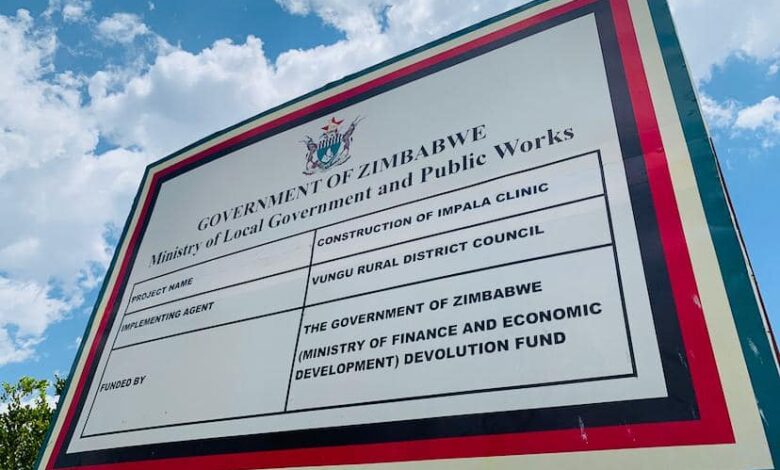Decentralisation in Zimbabwe: Empowering Local Communities

Devolution: A Step towards Decentralisation in Zimbabwe
Decentralisation in Zimbabwe has been a topic of discussion for years, with the government finally taking steps towards devolution. According to the Ministry of Local Government and Public Works, devolution is a critical component of devolution in Zimbabwe, aimed at empowering local communities.
What is Devolution?
Devolution is the transfer of power and authority from central government to local authorities. In Zimbabwe, devolution is under implementation through the creation of provincial councils and local authorities, which will have the power to make decisions on local issues.
Benefits of Decentralisation in Zimbabwe
Decentralisation in Zimbabwe has several benefits, including improved service delivery. With power being transferred to local authorities, services such as healthcare and education improves. Also, it stimulates an increase in citizen participation. Devolution in Zimbabwe will allow citizens to participate in decision-making processes, ensuring that their needs are met. Finally, there is economic growth. Decentralisation in Zimbabwe will attract investment, leading to economic growth and development.
Challenges Facing Decentralisation in Zimbabwe
Despite the benefits, decentralisation in Zimbabwe faces several challenges. These include resistance from central government. Here, there is resistance from central government officials who are hesitant to relinquish power. Furthermore, lack of resources can hamper progress. Local authorities can lack the resources and capacity to effectively implement devolution.
Success Stories of Decentralisation in Zimbabwe
Despite the challenges, there are success stories. The city of Harare has implemented a decentralisation program, which has led to improved service delivery and increased citizen participation. Also, Chirichoga Primary School in Masvingo Province was built from scratch using devolution funds.
Furthermore, the Nemanwa Community provided local materials and labour for the construction of this school. Therefore, this ensures extreme ownership of the project by the Community. Six classroom blocks have so far been constructed enrolling over 500 pupils from Nemanwa Community. This highlights the ongoing success of decentralisation in Zimbabwe which is still a work in progress.
Additionally, polyclinic nursing staff houses in Checheche, Manicaland are in existence due to devolution funds. Also constructed with these funds were ablution facilities and a clinic. These will serve villagers in surrounding areas thereby improving the standard of living of not only the villagers, but the nursing staff as well.
Moreover, Impala Clinic in Vungu, Midlands’ construction using devolution funds is improving access to healthcare. The facility will cater for more than 3 000 villagers in the surrounding area. These are just a fraction of some of the completed projects on devolution in Zimbabwe. There are more success stories on record and more projects underway.
Conclusion
In conclusion, decentralisation in Zimbabwe is a step in the right direction. Devolution will empower local communities, improve service delivery. It will lead to economic growth. However, there are challenges that need addressing to ensure successful implementation.





